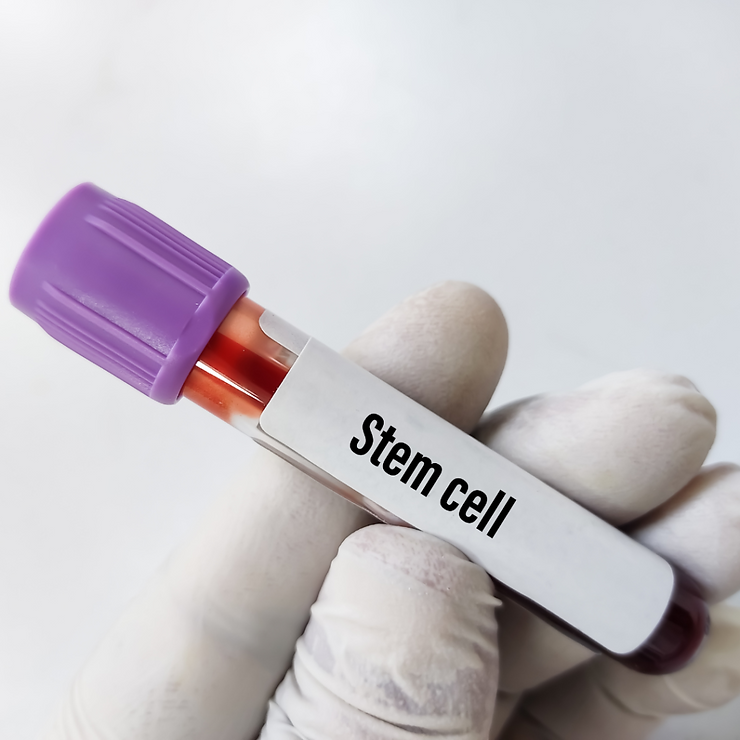
Hair loss, a condition that affects millions worldwide, can be a source of psychological distress and diminished self-esteem. With advances in medical science, stem cell therapy has emerged as a potentially groundbreaking treatment for hair loss. This blog delves into the current understanding of stem cell therapy in treating hair loss, its effectiveness, challenges, and future prospects.
Before diving into stem cell therapy, it's crucial to understand hair loss. Hair loss, or alopecia, can result from various factors, including genetics, hormonal changes, medical conditions, and aging. The most common type, androgenetic alopecia (male and female pattern baldness), affects a significant portion of the population.
What is Stem Cell Therapy?
Stem cells are unique cells with the ability to differentiate into various cell types. In stem cell therapy for hair loss, these cells are purported to regenerate hair follicles, the tiny organs that grow hair. The therapy involves extracting stem cells from areas like the back of the scalp or fat tissue and injecting them into balding areas.
The Science Behind Stem Cell Therapy for Hair Loss
Several studies have shown promising results. Researchers have discovered that hair follicle stem cells can stimulate dormant follicles, potentially leading to new hair growth. However, this research is still in its early stages, and more extensive clinical trials are needed to confirm these findings.
Current Treatments and Their Limitations
Current hair loss treatments, like minoxidil and finasteride, have limitations. They often provide only temporary solutions and come with potential side effects. Hair transplants, another option, can be invasive and expensive. Stem cell therapy, therefore, offers a potentially more effective and long-lasting solution.
Challenges and Considerations Despite its potential, stem cell therapy for hair loss faces several challenges:
Regulatory Hurdles: Stem cell treatments must undergo rigorous testing and approval processes, which can be time-consuming and costly.
Safety Concerns: As with any new treatment, ensuring the safety of stem cell therapy is paramount. There's a risk of side effects like infection or immune reactions.
Ethical Concerns: Stem cell research often raises ethical questions, especially regarding the source of the stem cells.
Cost and Accessibility: Initially, stem cell treatments may be expensive and not widely accessible.






Commenti